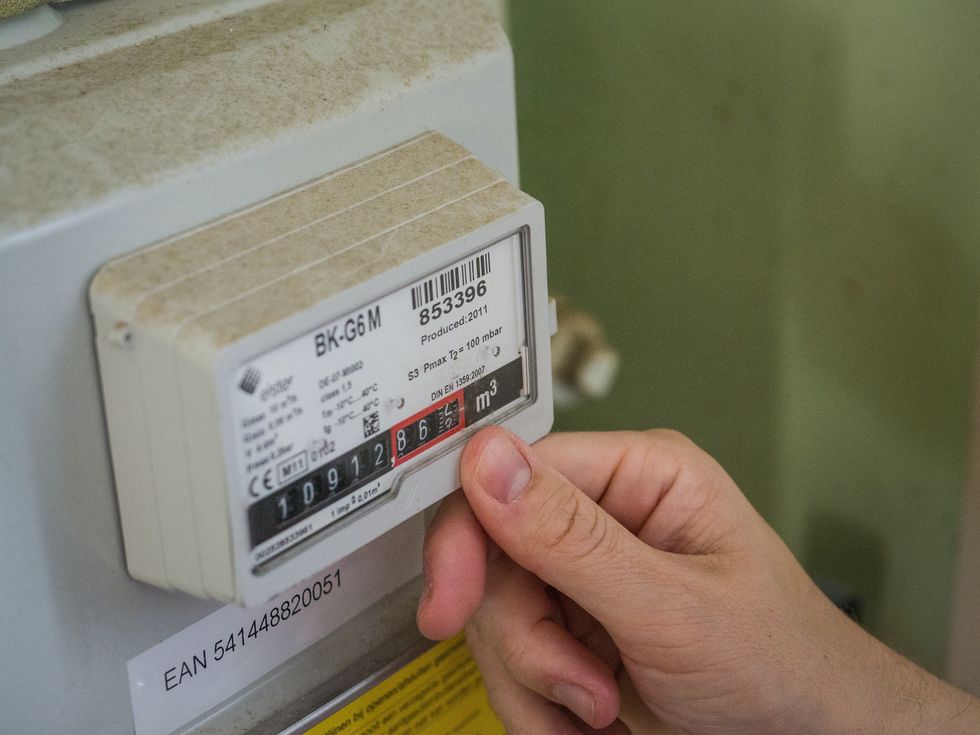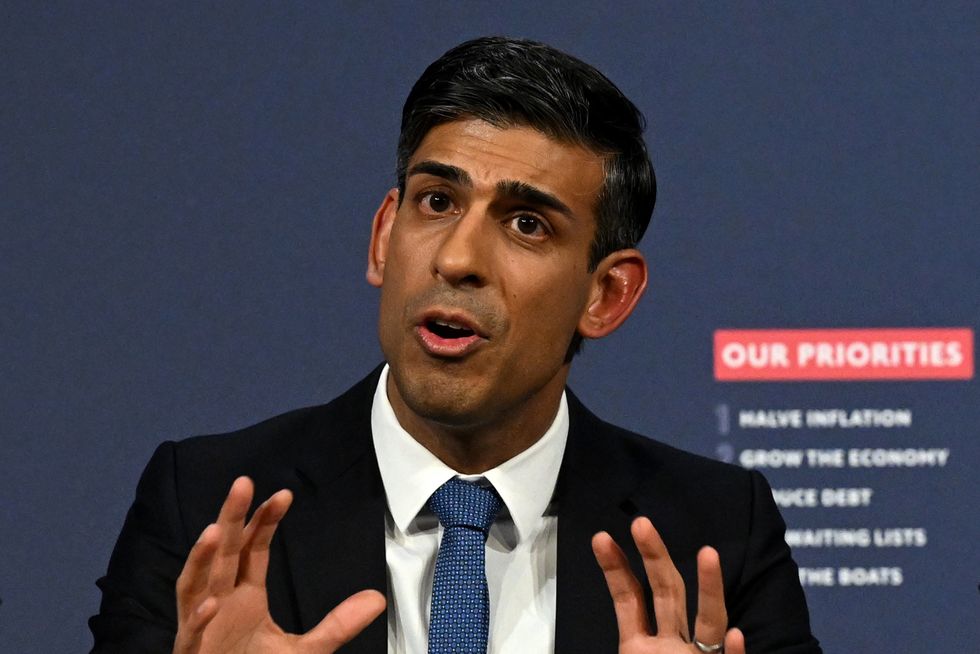Energy bills: Britons owed nearly £7 BILLION in money by suppliers

Number of households in credit has risen by 5m since April 2022
Utilities balances are £5billion higher than last year with 16 million households in credit despite cost of living crisis due to mild winter and responsible consumers
Don't Miss
Most Read
Trending on GB News
Energy suppliers are sitting on nearly £7billion of customer’s cash as of the start of April, after a mild winter and responsible consumer usage meant they used less gas and electricity than predicted.
Over 16 million households are alleged to be owed £6.7billion in collective credit to their suppliers, £5billion more than this time last year, according to research conducted by comparison site Uswitch.com.
Extrapolated from a survey of 2,000 households, Uswitch estimated that the number of households in credit has risen by five million, up from 11 million in April 2022, and that half of those are holding balances of more than £200.
Richard Neudegg, director of regulation at Uswitch, said: “This high level of any credit suggests that energy-saving awareness campaigns and cost-of-living support have played a part in protecting consumers from what could have been an even more difficult winter.

A mild winter and responsible consumer usage has led to less demand than anticipated
Unplash
“It could also raise the question of whether direct debits set by suppliers in reaction to the energy price hikes have been much higher than they needed to be.”
Uswitch also drew attention to Government-funded £400 discounts on energy bills as contributing to suppliers holding more cash than usual.
Energy companies set monthly payments based on annual bills which are calculated on predictions for wholesale prices and consumer’s historical usage.
Uswitch’s research also shone a light on debt, reporting the number of consumers in debt falling from six million to four million, and total debt owed dropping from £1.2billion to £920million.
However, the average amount owed by households who are in debt is said to have risen from £188 to £234.
Uswitch’s research claimed Plymouth had the highest average credit balance, at £603, while those in Norwich were most in debt, at £348 on average.
An Ofgem spokesman said: “We encourage consumers to contact their supplier if they think their direct debit is set too high” while reminding consumers that they are entitled to request the credit held by energy suppliers back or may choose to leave funds with the supplier to reduce future bills.

Government subsidies are said to have added to energy supplier's excess credit
PANew research could reignite a row over ring-fencing customer deposits, as Ofgem previously accused suppliers of using customers “like an interest-free company credit card”.
Gas and electricity bills began rising in 2021 and then skyrocketed when the war in Ukraine led to a rise in wholesale energy prices.
Last autumn, the Government intervened to protect the most vulnerable consumers through subsidies and schemes administered via energy companies.







